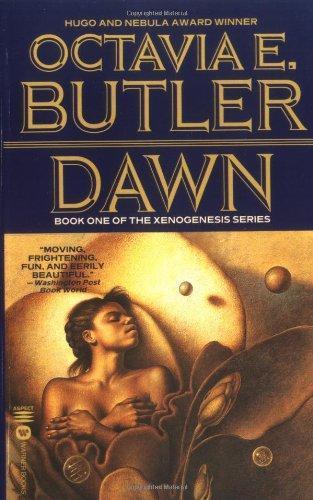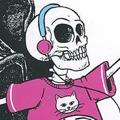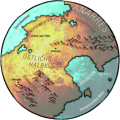Another Hopeful Fool a publié une critique de Dawn par Octavia E. Butler (Xenogenesis, #1)
Fascinating and disoncerting
4 étoiles
I can't remember the last time I read a book that flowed so effortlessly. There is no "dead air" in this novel. Lots of dialogue, with terse and welcome descriptions keep things moving without feeling rushed. The alien species is truly alien and disturbing on multiple levels, without coming off as malevolent.
The novel takes on a pretty different tone shortly after the halfway point, which I could definitely see upsetting people. It upset me, even though I loved the book. I think that's the point, but look up the CWs for yourself if you don't want to chance it.
I'm used to novels that much more clearly editorialize the author's morality into the book somehow. This one leaves that kind of hinting completely out, leaving you kind of gaslit over how to feel.
There is a pretty strong reading that can be done of this book from a critical …
I can't remember the last time I read a book that flowed so effortlessly. There is no "dead air" in this novel. Lots of dialogue, with terse and welcome descriptions keep things moving without feeling rushed. The alien species is truly alien and disturbing on multiple levels, without coming off as malevolent.
The novel takes on a pretty different tone shortly after the halfway point, which I could definitely see upsetting people. It upset me, even though I loved the book. I think that's the point, but look up the CWs for yourself if you don't want to chance it.
I'm used to novels that much more clearly editorialize the author's morality into the book somehow. This one leaves that kind of hinting completely out, leaving you kind of gaslit over how to feel.
There is a pretty strong reading that can be done of this book from a critical lens of colonialism, and through that viewport, Dawn is an account of experiencing the overwhelming force of another peoples technology and culture.




